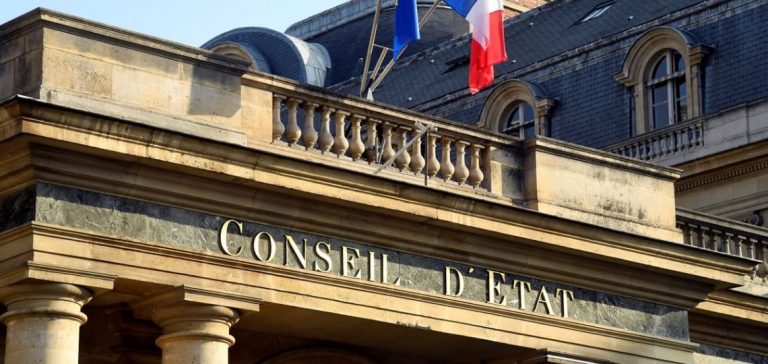The Council of State ruled on the complaint filed by the “Énergie renouvelable pour tous” association and the renewable energy company Eolise. The plaintiffs requested that the French State be compelled to comply with a legal framework setting specific objectives for the development of renewable energies (ENR). These demands are based on France’s commitment to achieving 40% of renewable energy in its final consumption by 2030, in accordance with the latest European Union directives.
However, the public rapporteur judged that neither national nor European law imposes a mandatory trajectory for Member States to achieve these objectives. Consequently, the Council of State found that variations in the deployment rates of renewable energies do not constitute a clear violation of the current regulations. This decision thus reduces the risk of litigation for the French government, despite the delays accumulated in meeting the targets set for 2020, 2021, and 2022.
Eolise: A Committed Actor in the Energy Transition
Founded in 2016, Eolise is an independent French company specializing in the development of wind and photovoltaic projects. Based in Chasseneuil-du-Poitou, near Poitiers, Eolise focuses its activities in the Nouvelle-Aquitaine and Centre-Val de Loire regions. The company’s founders, active in the wind energy sector since the early 2000s, contributed to the development of nearly 280 wind projects, mainly in the Hauts-de-France region, before shifting their focus to the Poitou region.
The company stands out for its local approach, conducting close consultations with local authorities, agricultural operators, and residents for each project. As a member of France Énergie Éolienne (FEE) and the Syndicat des Énergies Renouvelables, Eolise is actively involved in discussions on the evolution of the energy sector in France. As a local player, Eolise is particularly committed to transparency and supporting regions in the energy transition.
A Decree Expected to Regulate Wind Energy Development
The Council of State also highlighted a lack of clarity in the regulatory framework governing the deployment of wind farms in France. The public rapporteur noted the absence of a decree, provided for by article 545-15 of the Environmental Code, aimed at establishing administrative and technical conditions for deploying these facilities. This situation has been deemed problematic as it hinders the progress of new projects and creates uncertainty for industry stakeholders.
In response to this gap, the public rapporteur recommended that the Prime Minister issue this decree within six months to ensure more coherent regulation of wind projects nationwide. If implemented, this decision could accelerate the realization of currently stalled projects and offer companies new growth opportunities.
Energy Targets: A Contrasting Situation
Currently, the share of renewable energies in France’s final energy consumption stands at approximately 23%, slightly above the 2020 targets. However, this performance remains below the 2030 commitments. The Ministry of Energy anticipates an increase in this proportion to 42.5% by that deadline, but numerous regulatory and technical obstacles remain.
In terms of wind energy, several initiatives have been announced to streamline authorization procedures, but projects continue to face delays and local opposition. The awaited decree could play a crucial role by providing clear guidelines on suitable zones for wind farm deployment and by harmonizing administrative practices at the national level.
Impact on Industry Stakeholders
For companies in the wind energy sector, this decision represents a significant step forward. By establishing a stable legal framework, the decree could not only reduce project realization times but also enable developers to more effectively assess the profitability of new installations. Companies like Eolise could thus benefit from increased visibility on development opportunities in France, as the market is currently fragmented by regional regulatory disparities.
Eolise is also involved in collective self-consumption projects, such as the one in the Plaine d’Aunis in Charente-Maritime. This model allows residents to benefit from locally produced electricity at reduced rates, with an estimated annual savings of around 20% on the energy bills of affected households. These initiatives reflect Eolise’s commitment to providing solutions tailored to local needs and reducing costs for end consumers.
Outlook for the Wind Sector in France
The wind sector in France remains one of the most dynamic segments of renewable energies, but it continues to face persistent challenges. With this new regulatory framework, the government hopes to encourage the deployment of new production capacities while minimizing land-use conflicts and local opposition. In the long term, the publication of this decree could also serve as a model for other sectors of the energy industry, such as solar or marine energy.
This long-awaited legislative development could thus mark the beginning of a new era for the growth of renewable energies in France, by offering investors a more predictable framework and harmonizing the deployment conditions for infrastructure.






















